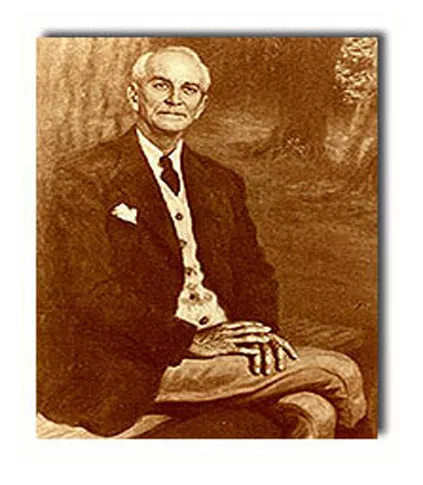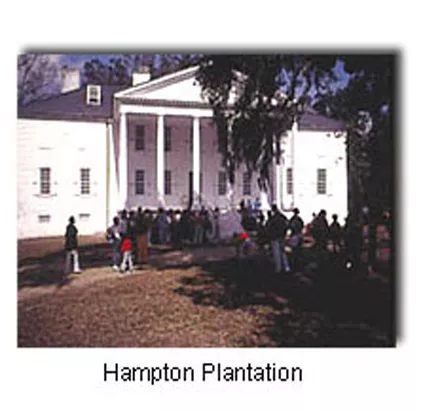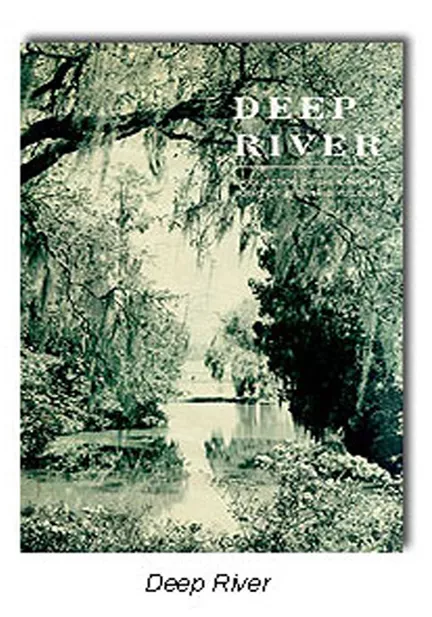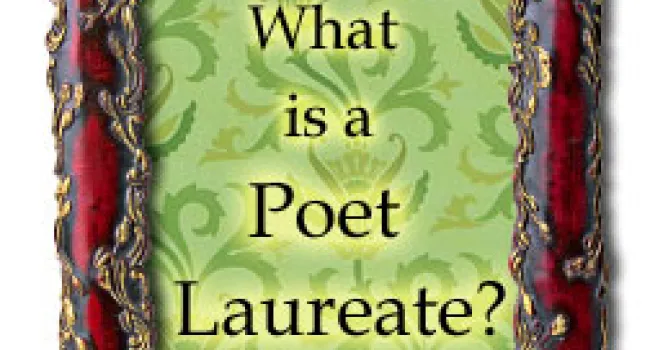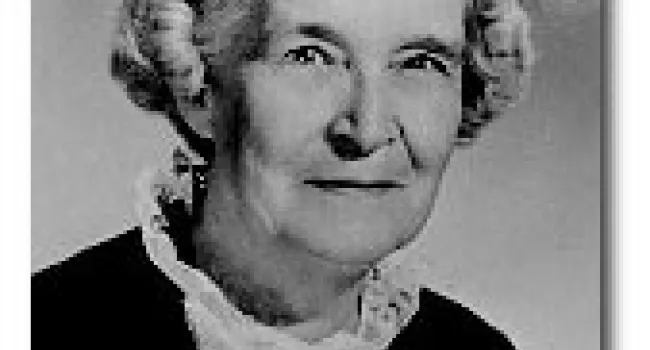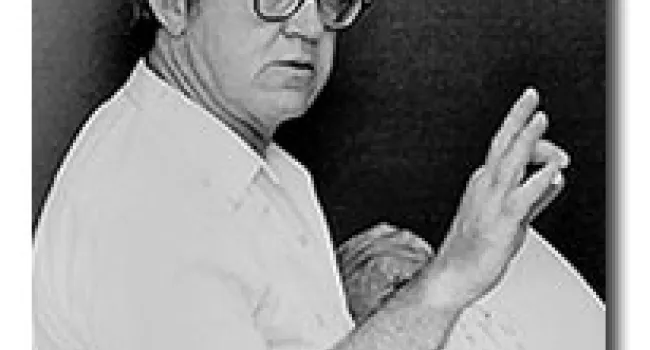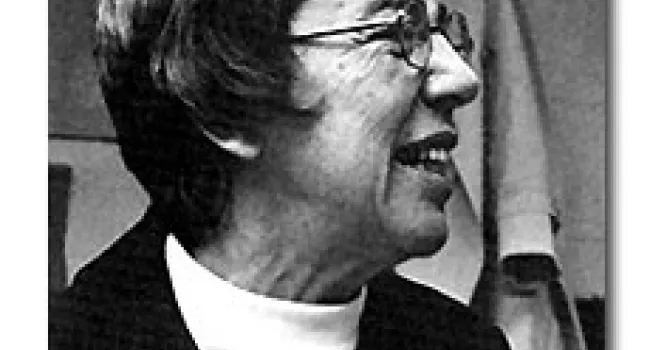Archibald Rutledge
S.C. Poet Laureate 1936-1949
It has been said that "Archie" Rutledge was a born poet. He composed his first piece of poetry at the age of three. It exists in print to this very day.
I saw a little rattlesnake
Too young to make his rattles shake.
Much of Archibald's early life was spent hiking, hunting and fishing the wilds of the South Carolina Lowcountry. His family lived on Hampton Plantation, a large estate with miles of untamed wilderness. Young Archie's adventures included being chased by the "wicked" bull Abel and being circled by a shark while stuck in the mud of Tiger Creek.
Hampton Plantation was also a place of history - George Washington once had breakfast there, and Francis Marion, "The Swamp Fox," had used the house as a hideout. With its history and natural surroundings, the lowcountry of South Carolina was an inspiring place for a poet to grow up.
While attending Union College in Schenectady, New York, Archibald was the editor of the college newspaper and class poet. After graduating at the top of his class in 1904, Archibald became the head of the English department of Mercersburg Academy in Pennsylvania. For 37 years, Archibald lived away from his beloved South Carolina. During this time, he wrote about the outdoors for boys magazines and hunting magazines such as Outdoor Life. His stories revealed the behaviors of foxes, deer, eagles, crows, and just about anything that walked, crawled or flew. He also began writing books. Life's Extras, a book he was paid only 50 dollars for, sold into the millions!
While in Pennsylvania, Archibald Rutledge's poems were widely published in magazines and books. The governor of South Carolina, Ibra C. Blackwood, believed that Rutledge's poetry was that of a true South Carolina native. Though he was living in Pennsylvania, Archibald Rutledge became the first poet laureate of South Carolina in 1934 by the governor's appointment.
After retiring from teaching in 1937, Archibald and his family were anxious to get back to their native home. At the time, the neglected Hampton Plantation was covered in vines and weeds. The road to the house had almost vanished. He would spend the rest of his life restoring the home and writing poetry. Deep River, published in 1960, was perhaps his most famous collection of poetry. It was nominated for a Pulitzer Prize, and came in second to the work of famous poet
Robert Frost. On writing poetry, he said:
"My formula for writing is to find a subject worth writing about and then to make the writing simple, then to make it clear, then to make it reach to the heart, and then to make it beautiful."
In 1959, Grace Freeman, unaware that she would become a future poet laureate of South Carolina herself, paid a visit to Hampton plantation. While she was there, a "dusty," yellow South Carolina school bus full of students came to visit Rutledge. A "dusty booted, sun and wind tanned face" in hunting clothes greeted the busload of children, one of whom exclaimed, "Why he is just an old backswoodsman!" The nature loving poet would probably agree to such a description. Archibald Rutledge died in 1973, after writing nearly a hundred books of poetry and prose.
The following poems are from Deep River; A Collection of the Complete Poems of Archibald Rutledge.
From Spanish Moss
In Spanish moss there's a mystery:
It veils the southern coast;
It shrouds the oaks and cypresses;
In it the little birds are lost.
It makes each wood a haunted place,
And every tree a ghost.
Permanent Wave
As my train sped through Lula,
A tiny Georgia town,
Dreaming amid the quiet hills,
Unknown to earth's renown,
A little girl stood waving
At my proud heedless train;
I had just time to wave to her,
And see her wave again
When she was lost forever
Behind a low green hill,
But I shall always see her there,
Smiling and waving still.
